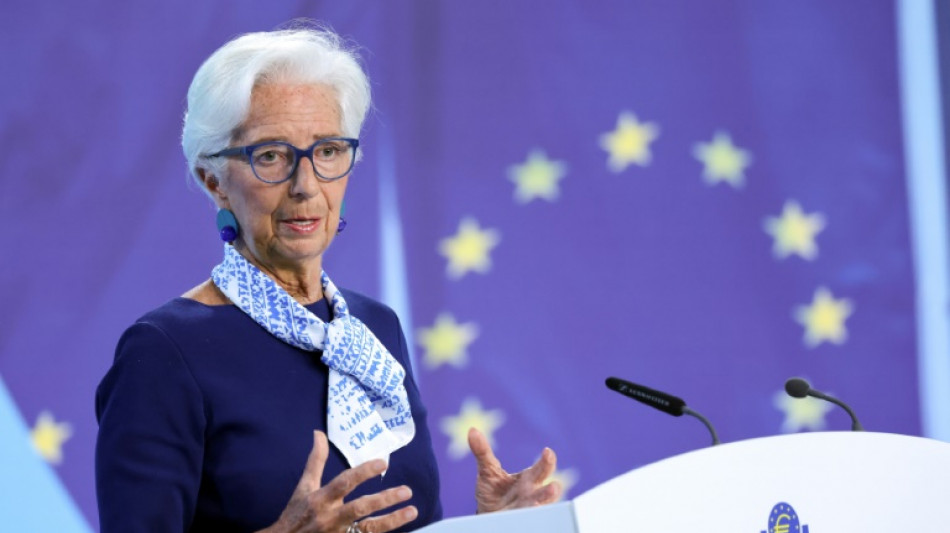
RBGPF
-0.8100

European Central Bank chief Christine Lagarde said Tuesday US tariffs had not hit the eurozone as badly as feared, but warned new risks could lie ahead in an uncertain world.
Europe, which runs a hefty trade surplus in goods with the United States, was one of US President Donald Trump's major targets as he unleashed a barrage of levies on friends and foes alike.
The European Union struck a framework deal in July setting tariffs on most exports to the United States at 15 percent -- far higher than before Trump's return but below eye-watering levels on occasion threatened by the American leader.
In 2025, Europe had been at the "receiving end" of "trade deployed as a tool of power", Lagarde said in a speech in Helsinki.
Most had assumed that US tariff increases "would trigger a major adverse shock to the euro area economy," she said. But those "assumptions have not been borne out".
Lagarde pointed to several reasons for this: retaliation had been limited, avoiding major supply chain disruption; while the euro's strengthening against the dollar due to concerns about US economic policy had provided extra support.
In addition, uncertainty surrounding trade policy had hit growth and investment less than expected, she said.
This was in part due to the July deal with Trump, but also because European governments took growth-boosting measures, such as pledging greater defence spending.
But she warned that, in the current climate, "new trade and geopolitical shocks will remain a constant feature of our environment".
On interest rates, she repeated that the ECB remained in a "good place" after recent falls in inflation, with the shock of recent years triggered by the Ukraine war and post-Covid supply chain woes having faded.
Inflation in the eurozone has stabilised around the ECB's two-percent target in recent months.
After bringing rates down from record highs, the central bank has held them steady at its past two meetings, and most analysts do not expect a change soon.
M.Soucek--TPP